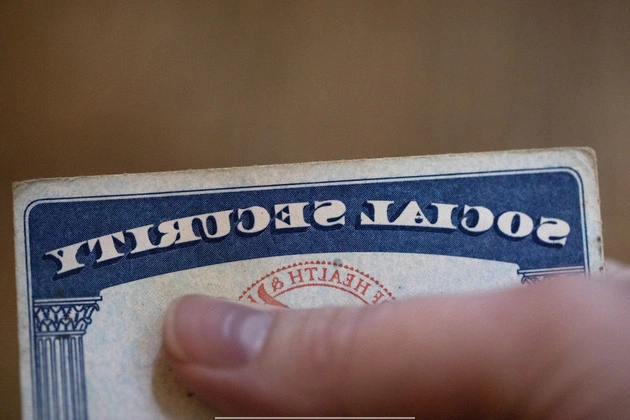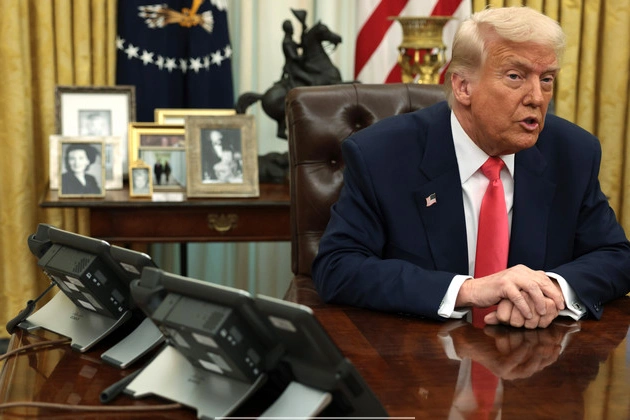
The Impact of Presidential Pardons: A Critical Analysis
Presidential pardons have recently taken center stage with the unprecedented actions of both outgoing President Biden and incoming President Trump. These moves not only highlight the potency of the Constitution’s pardon power but also underscore the dangers it poses, according to constitutional scholars.
The Unchecked Power of Pardons
The pardon power, rooted in English monarchic traditions and adopted by America’s founders, serves as a mechanism for extending grace in exceptional circumstances. However, its unchecked nature, immune to congressional or judicial oversight, raises concerns of potential abuse, particularly in today’s politically charged climate.
Biden’s Pardons: Preemptive and Controversial
Biden’s preemptive clemency grants to political allies like Gen. Mark Milley and Anthony Fauci, among others, aimed to shield them from perceived vindictiveness under the previous administration. In contrast, Trump’s blanket pardons for individuals associated with the Capitol attack pushed the boundaries of traditional pardon practices.
Despite bipartisan criticism, the discretionary nature of presidential pardons leaves little room for recourse against perceived abuses, signaling a troubling trend in recent pardoning practices.
Historical Context and Legal Perspectives
Constitutional experts caution against the normalization of politically motivated pardons, emphasizing the original intent of the pardon power as a tool of mercy rather than political expediency. However, modern presidents, driven by various factors like Supreme Court rulings and polarized politics, have veered into questionable pardon territory.
The potential consequences of pardon misuse extend beyond legal ramifications to public trust in the institution of pardons, tarnishing its intended purpose of mercy and grace.
Looking Ahead: Implications and Reflections
The recent surge in controversial pardons raises fundamental questions about the balance of power and accountability in the presidential pardon process. As legal scholars and constitutional experts express concerns over the trend of politically motivated clemency, the need for vigilance and public scrutiny becomes paramount.
Ultimately, the debate surrounding pardon abuse reflects broader issues within the political landscape, highlighting the challenges of deterring improper conduct and maintaining the integrity of democratic institutions.















